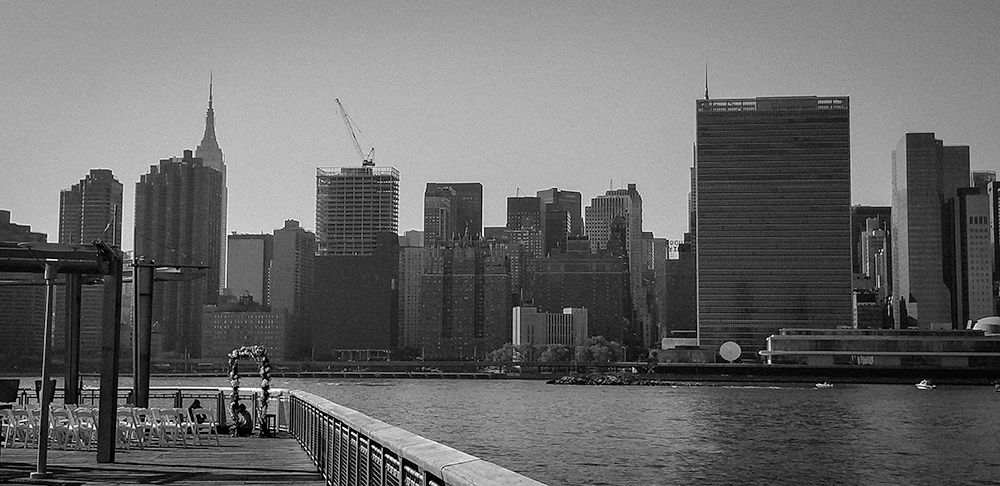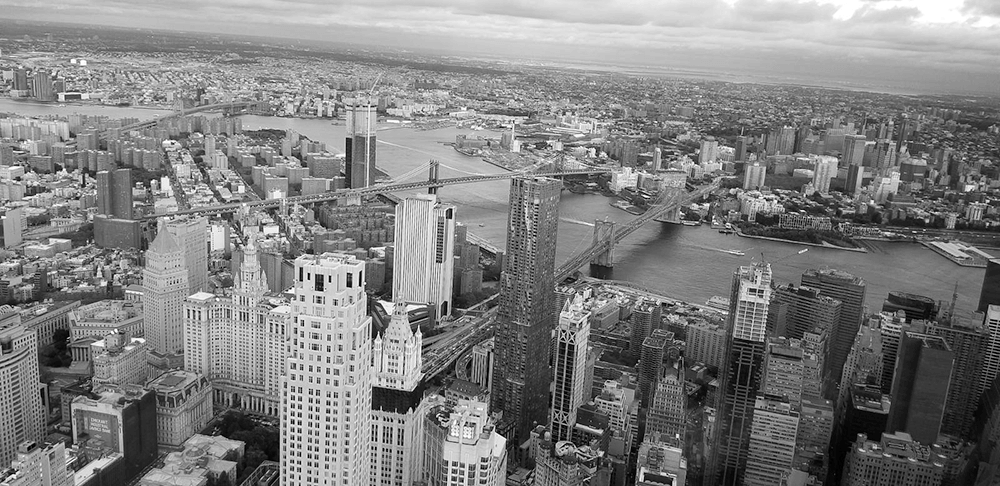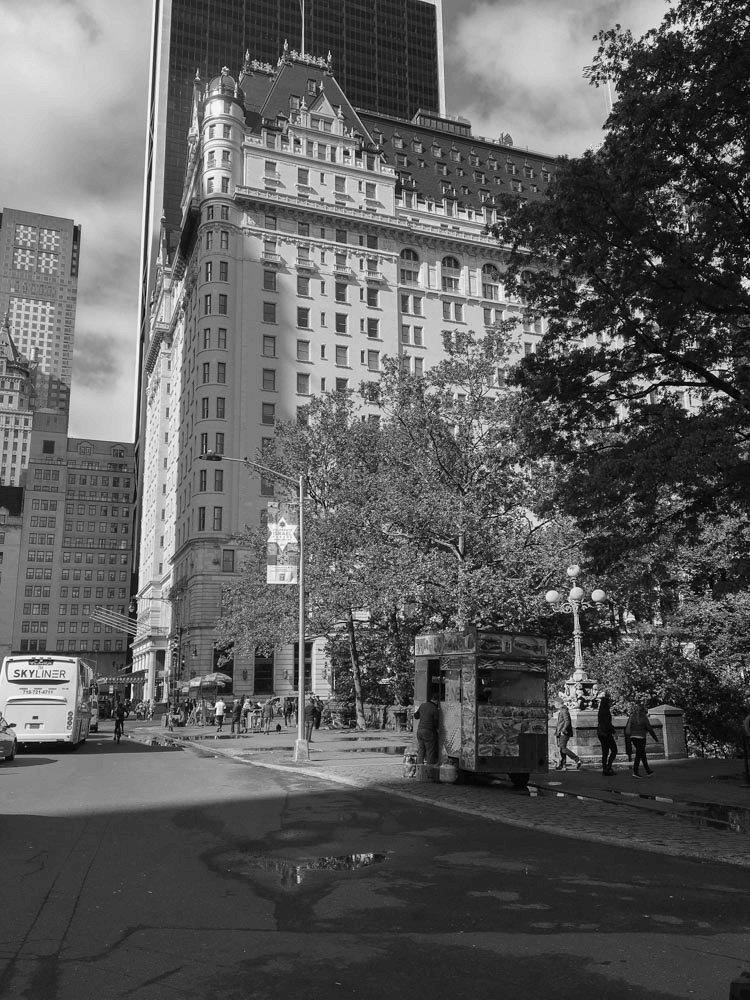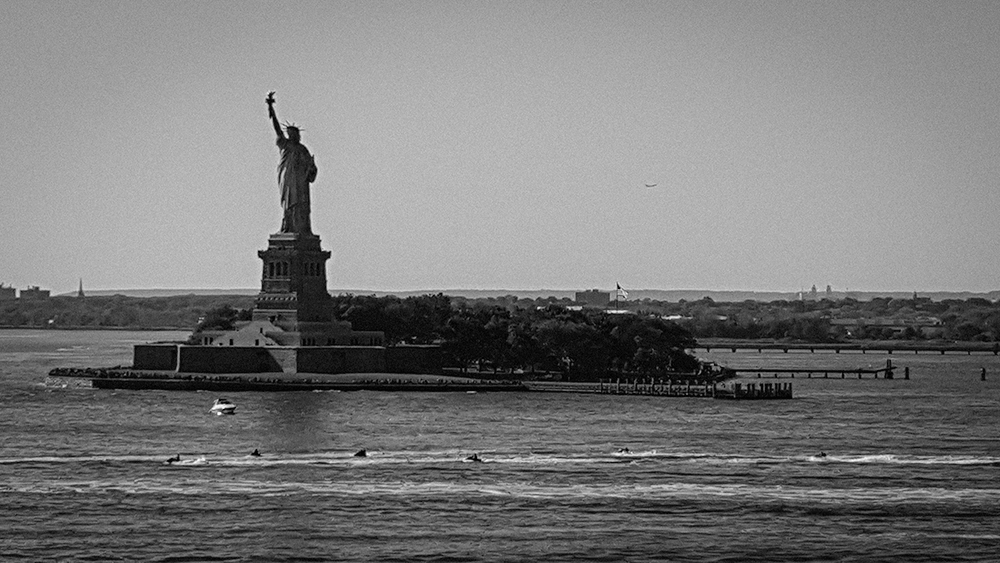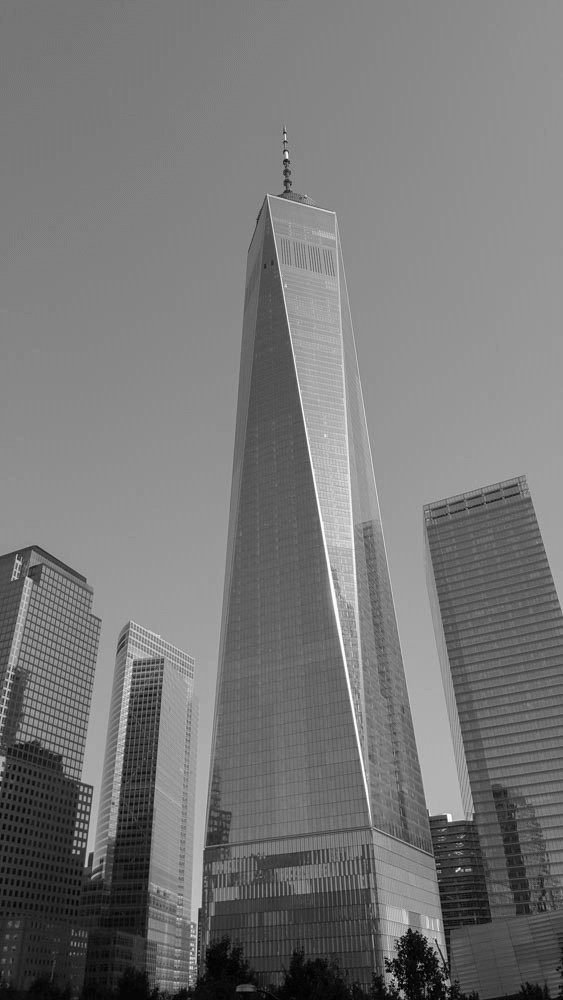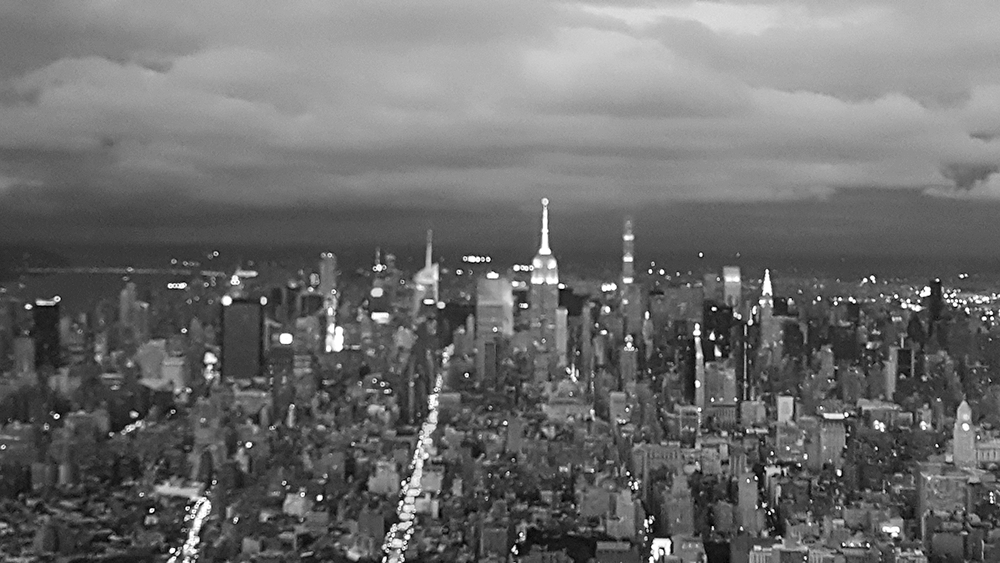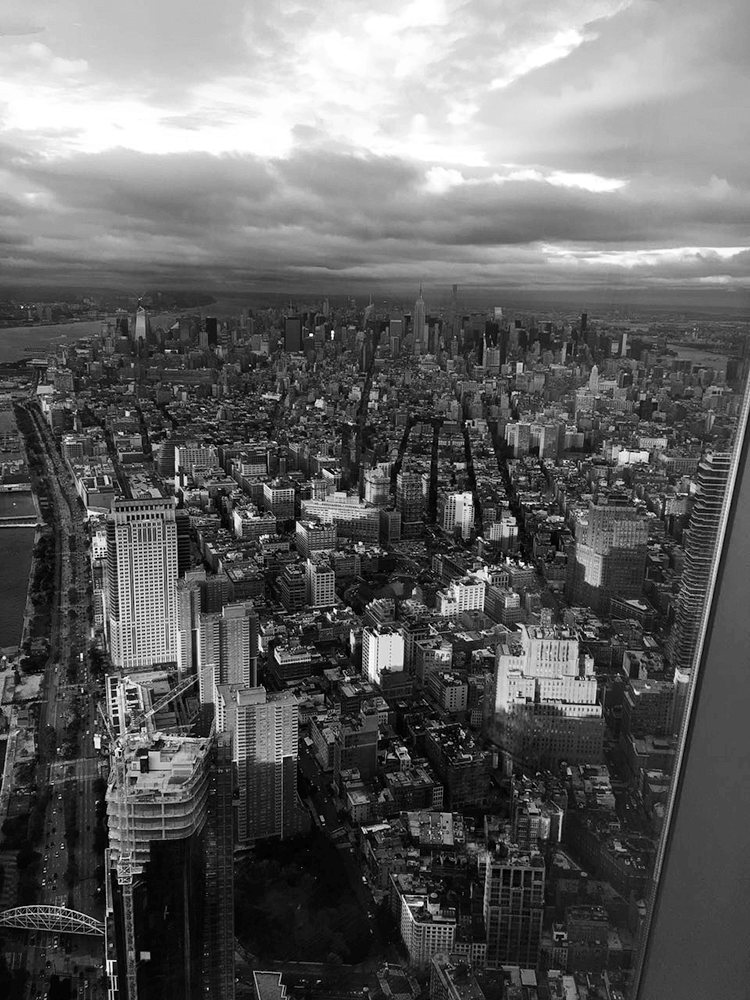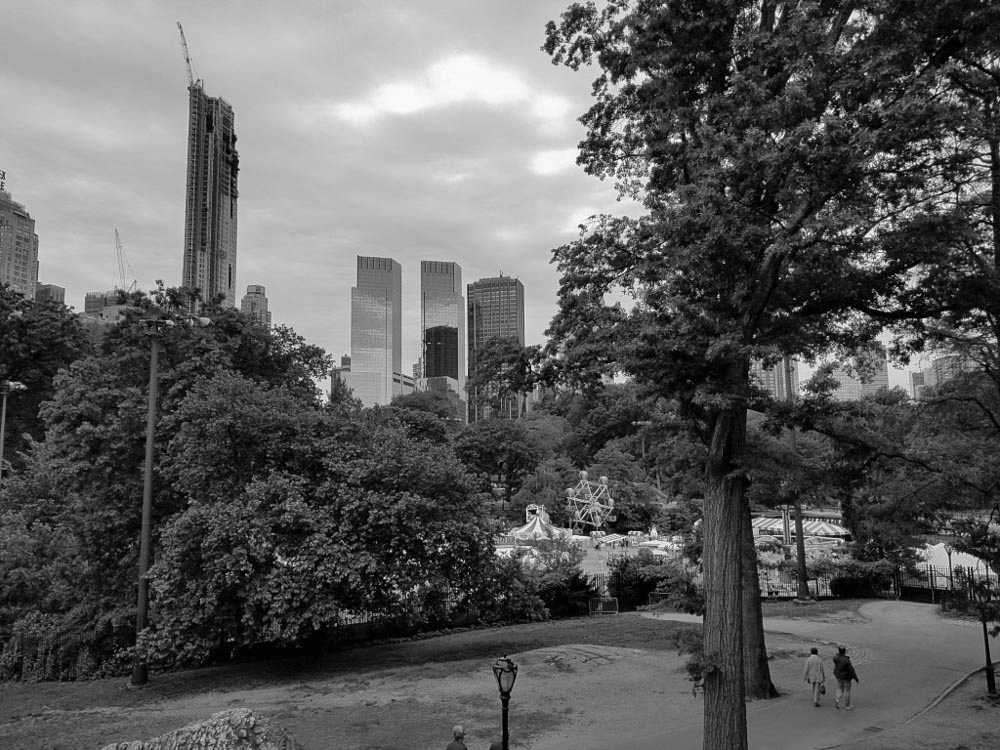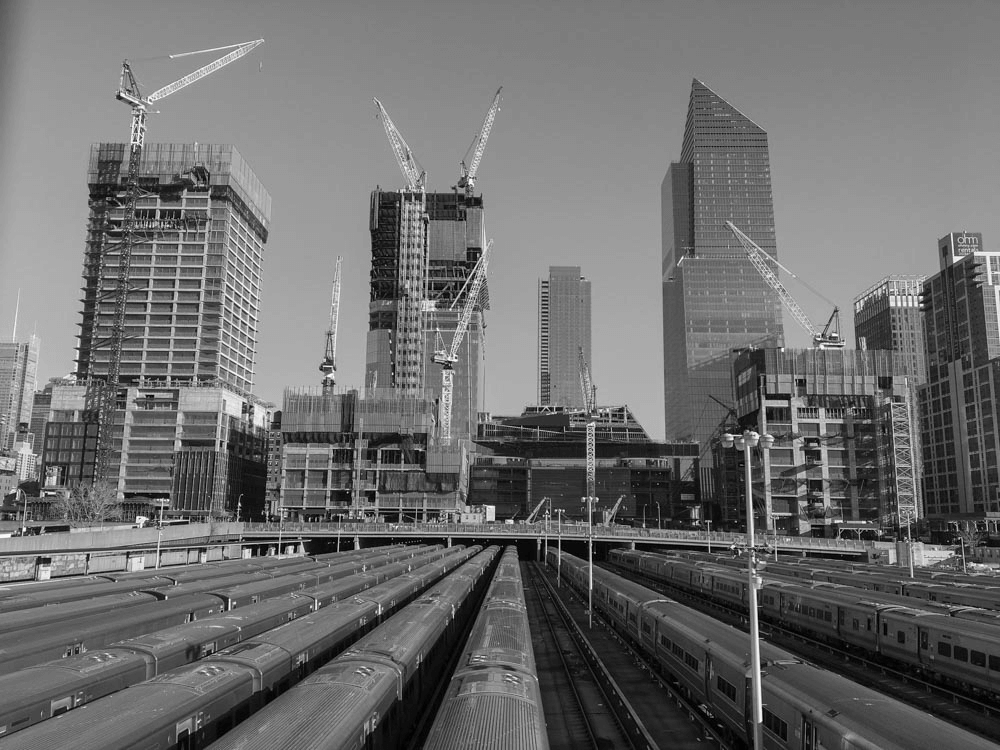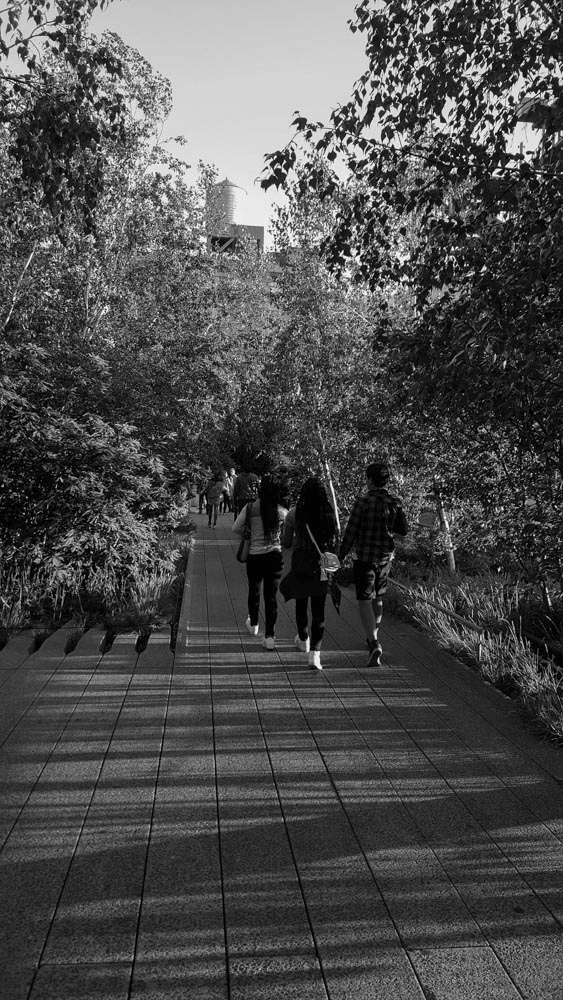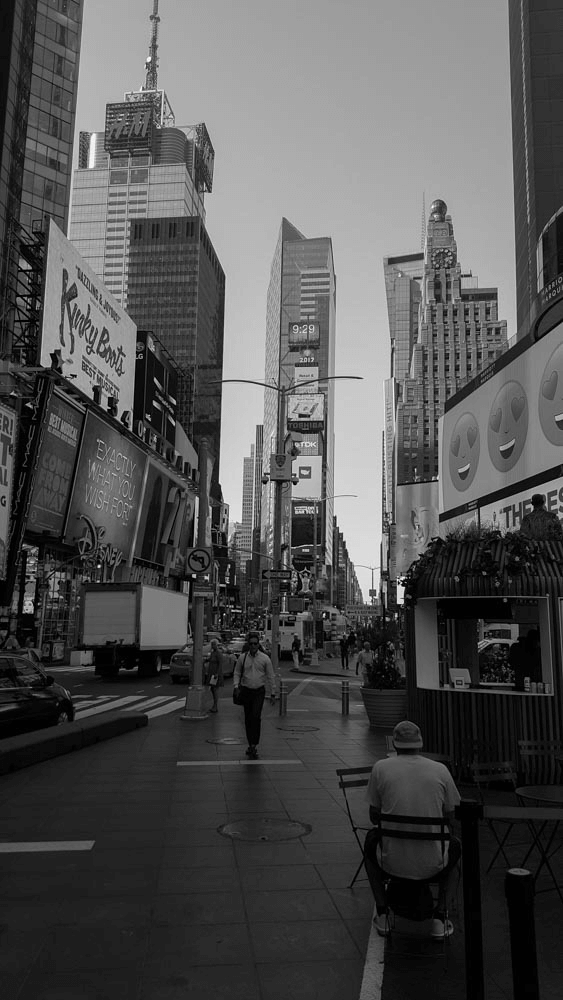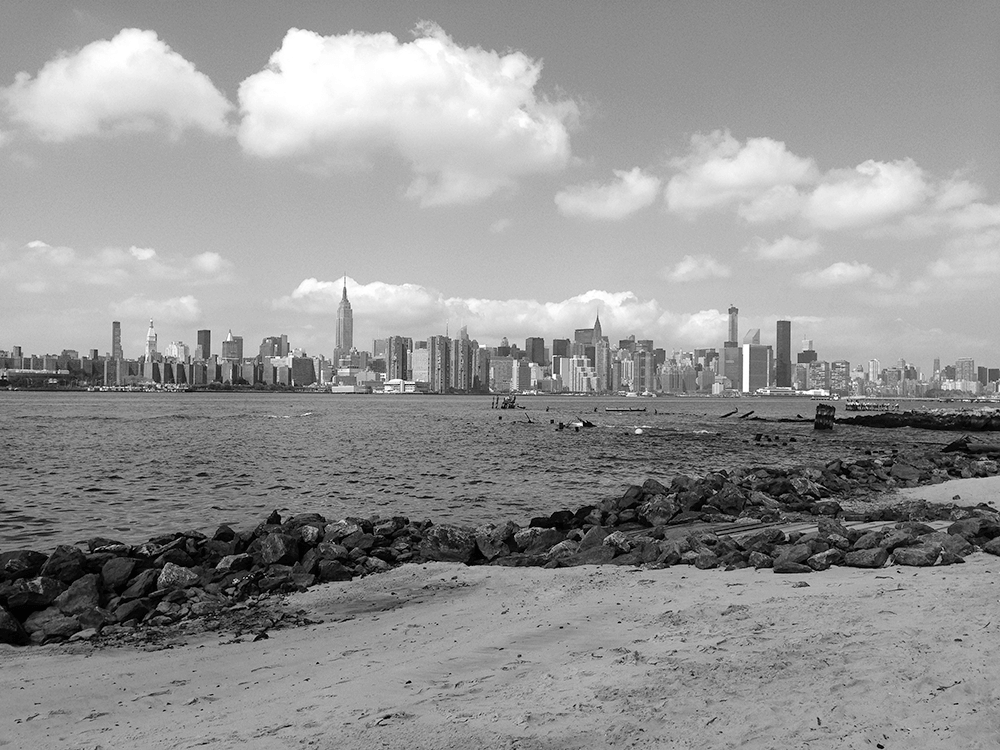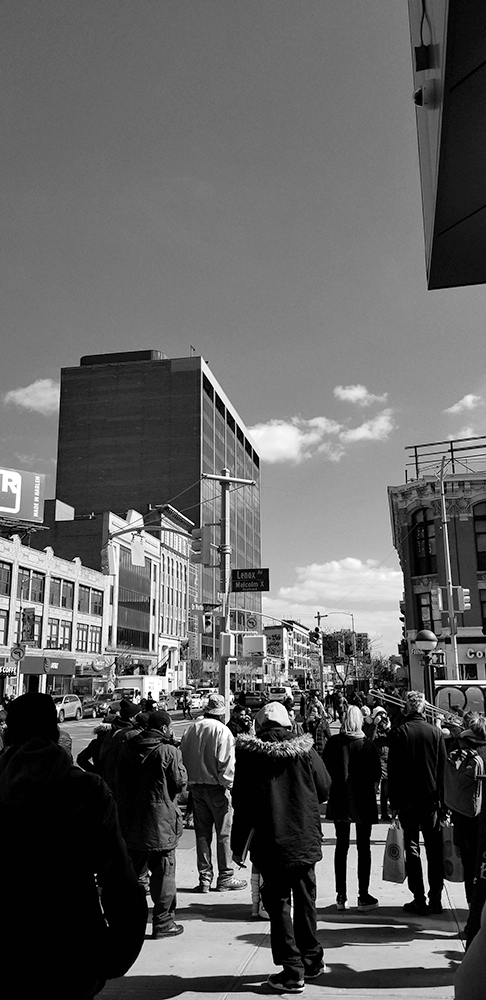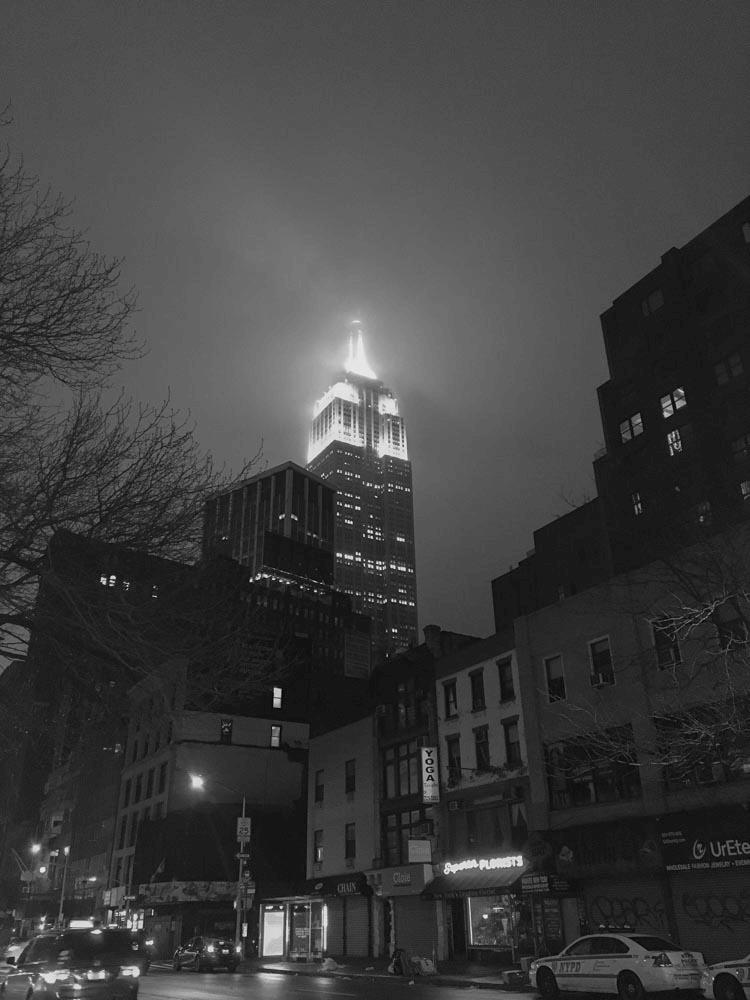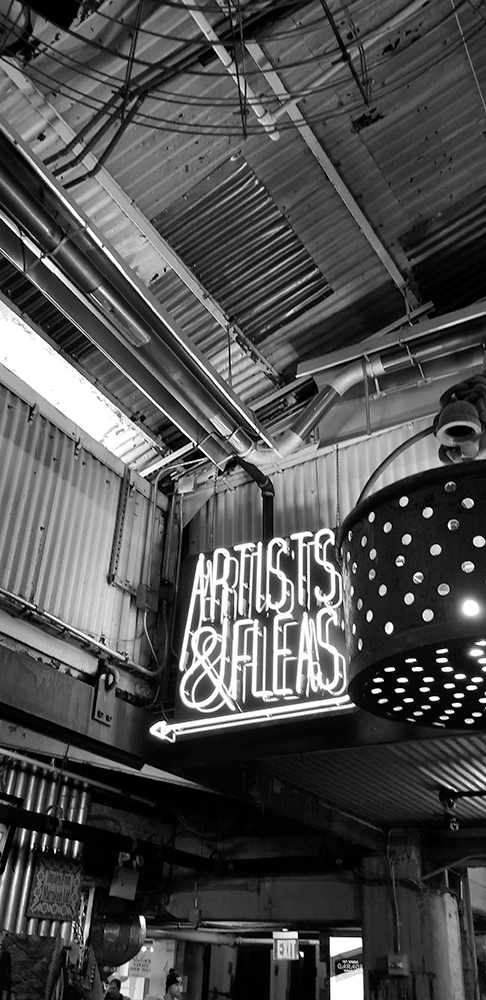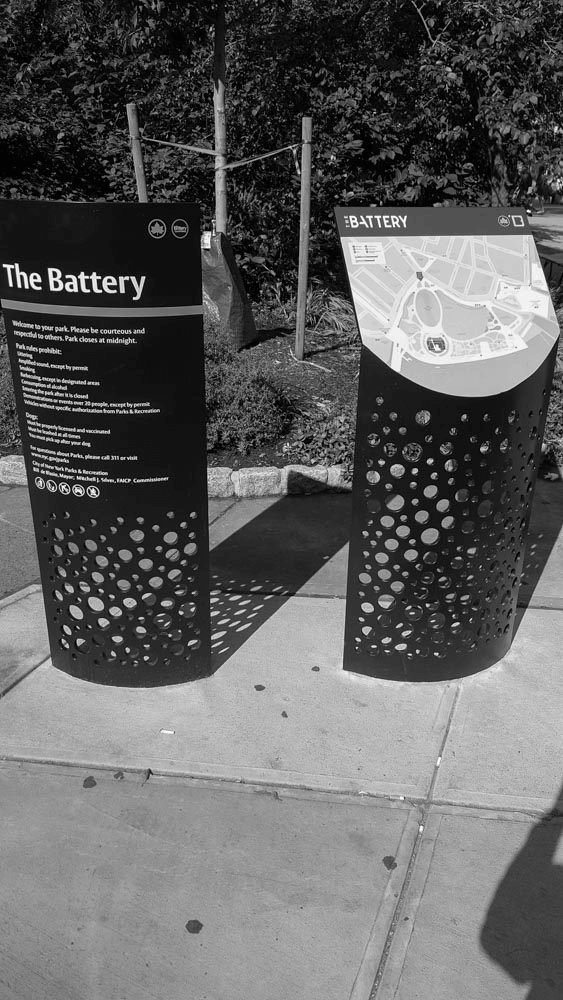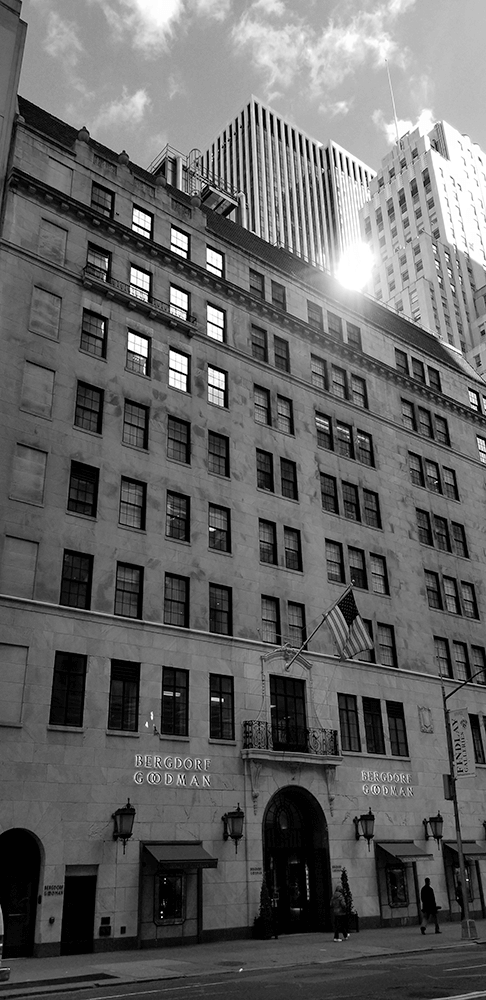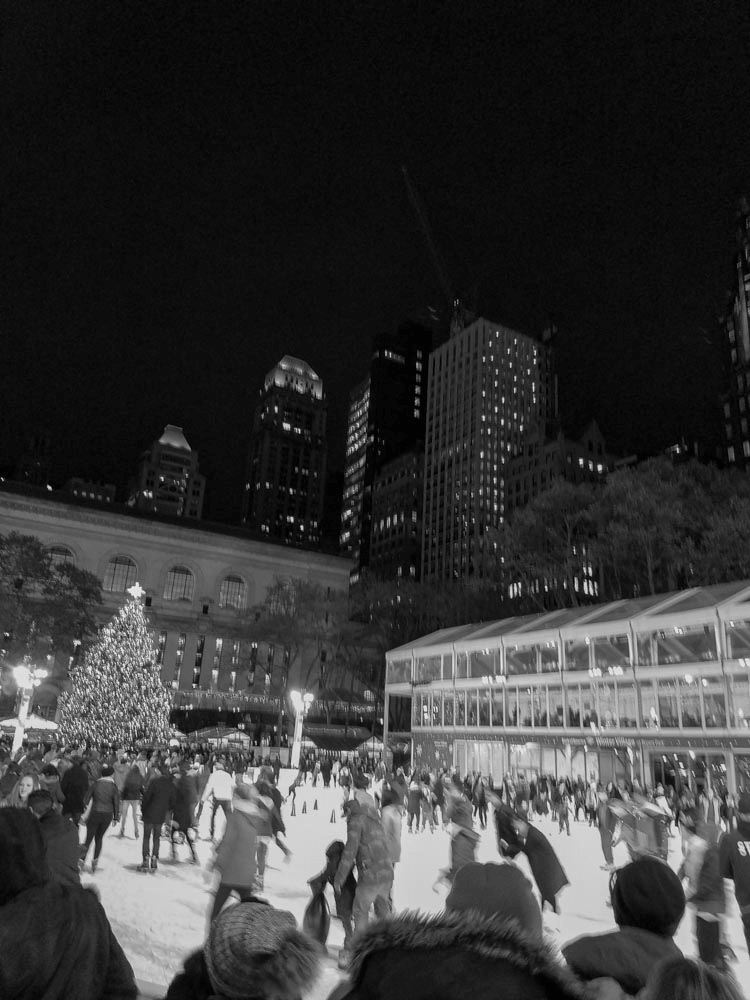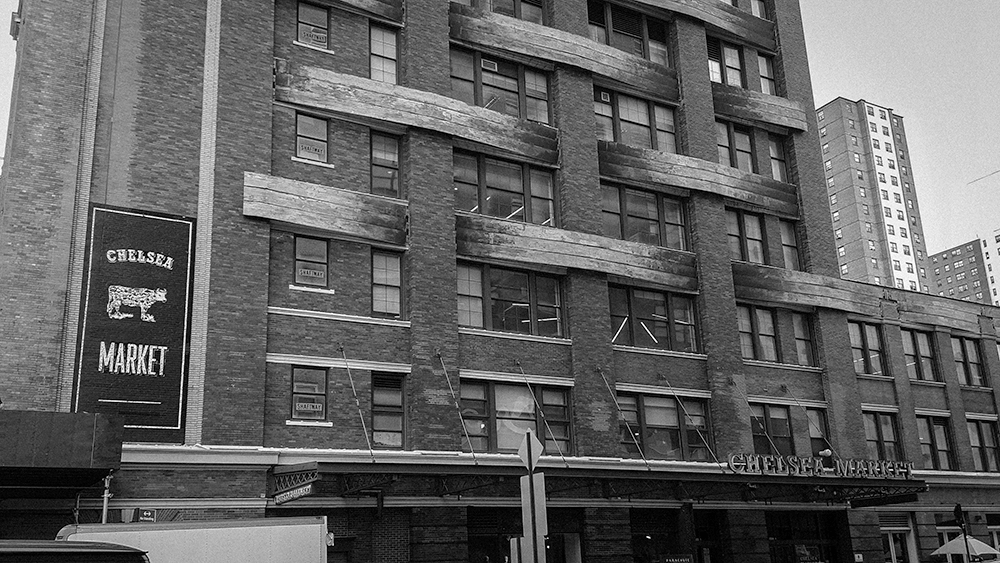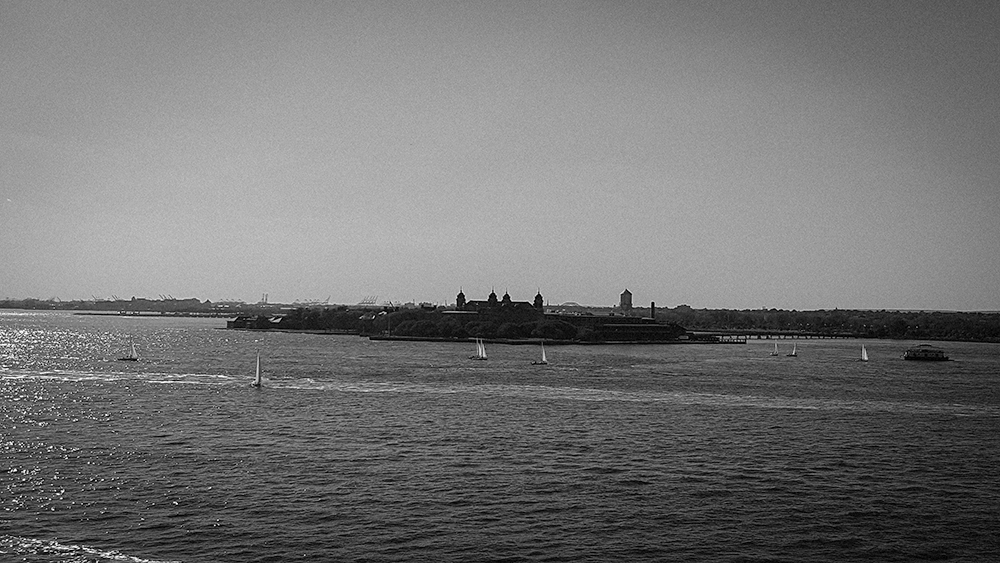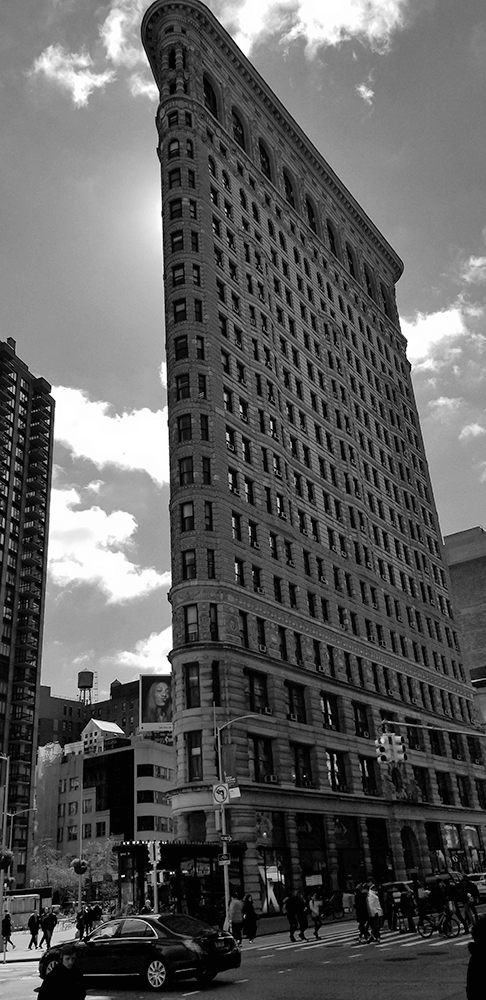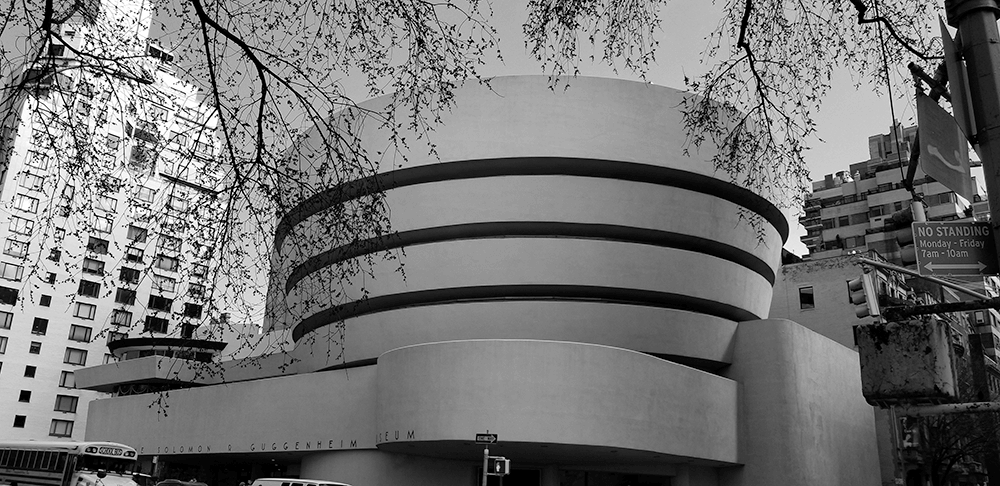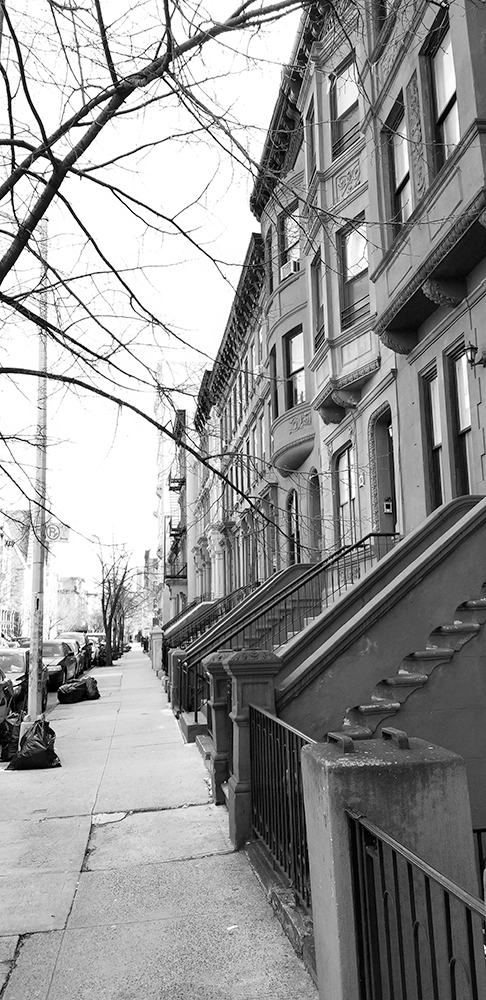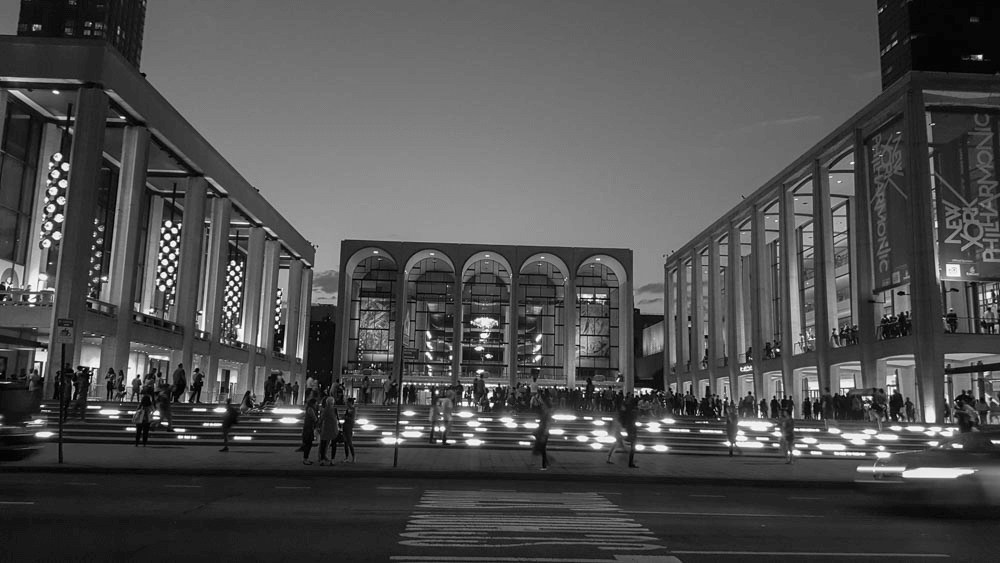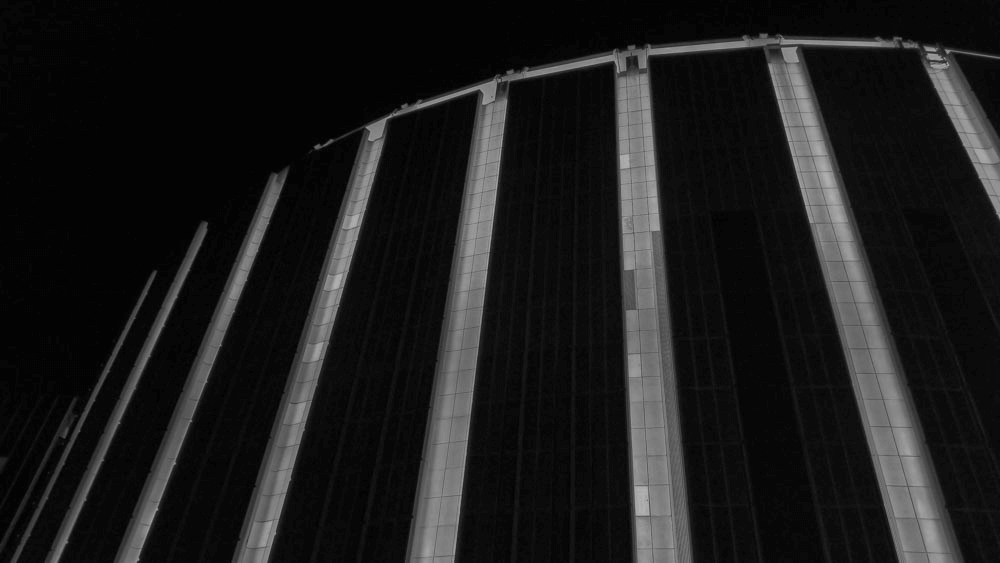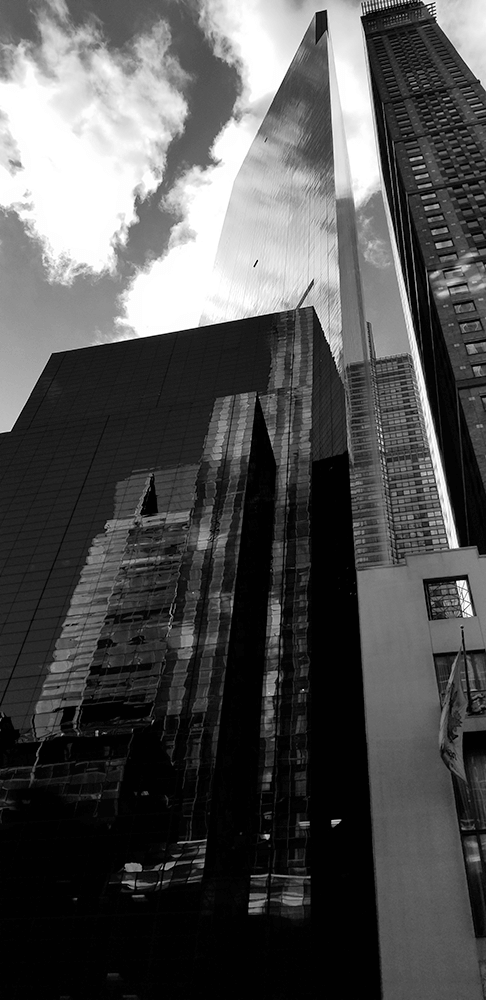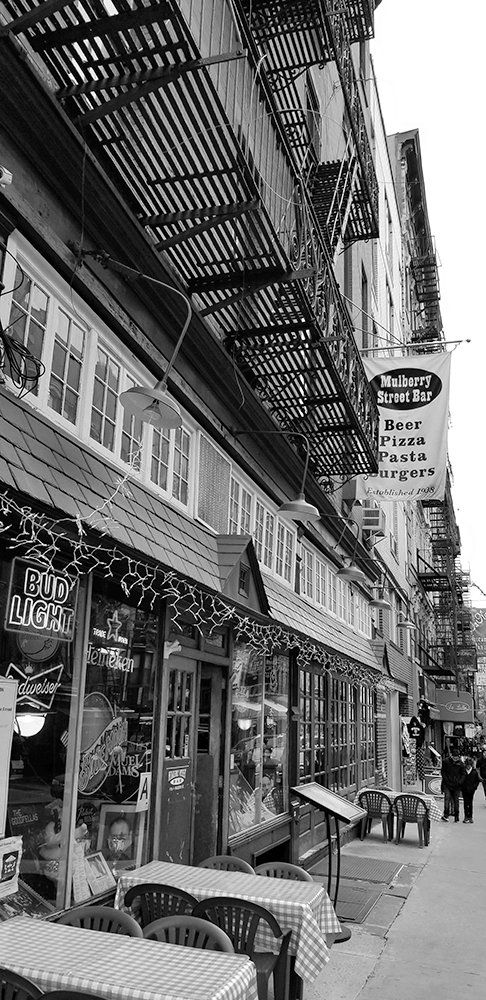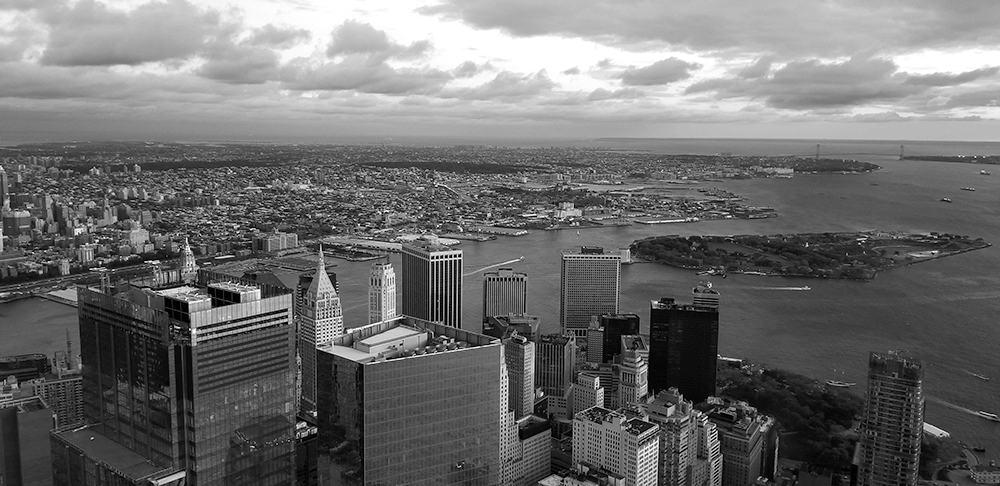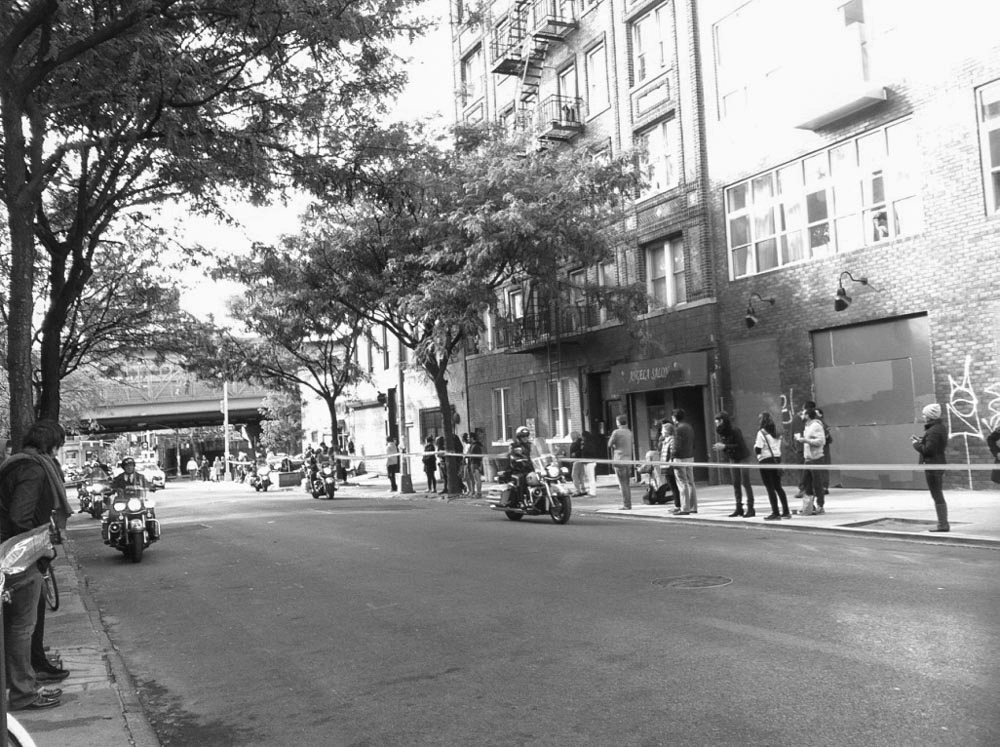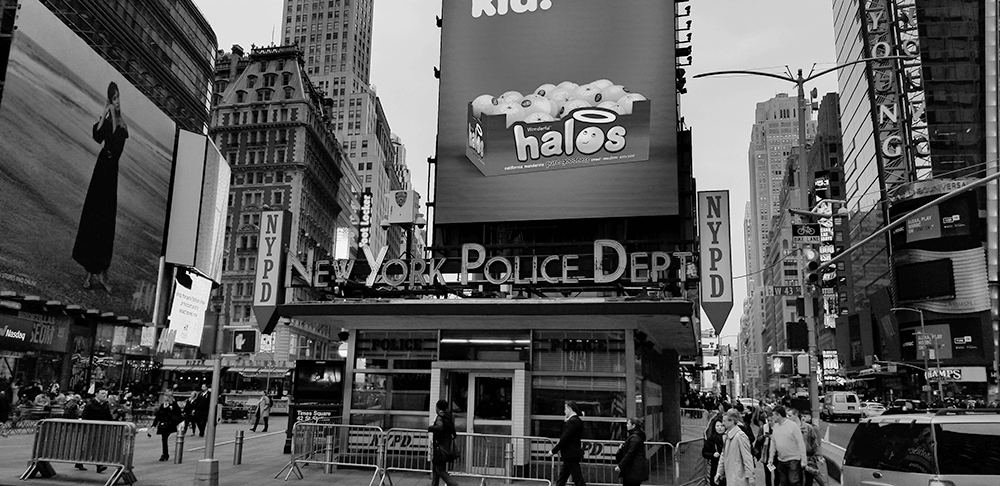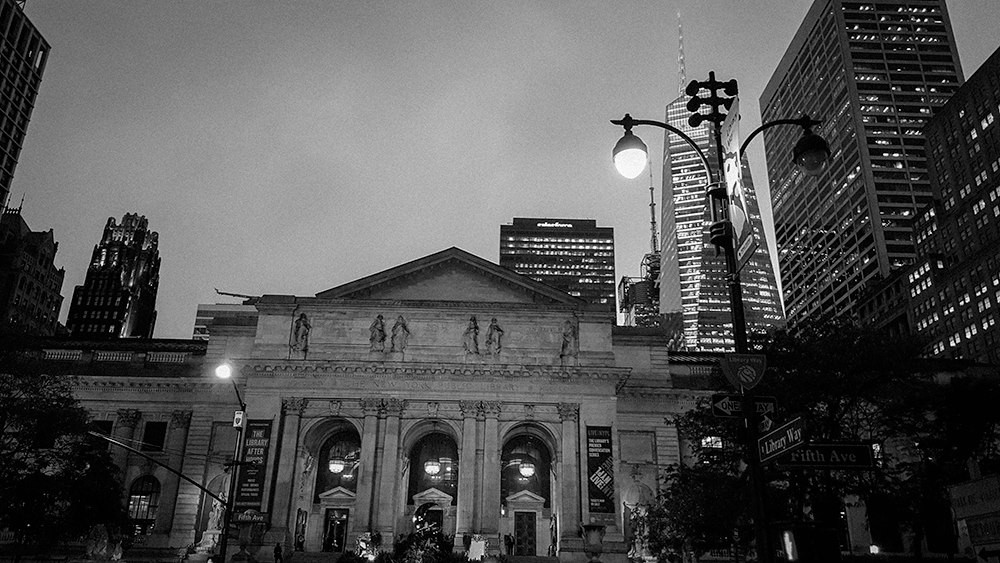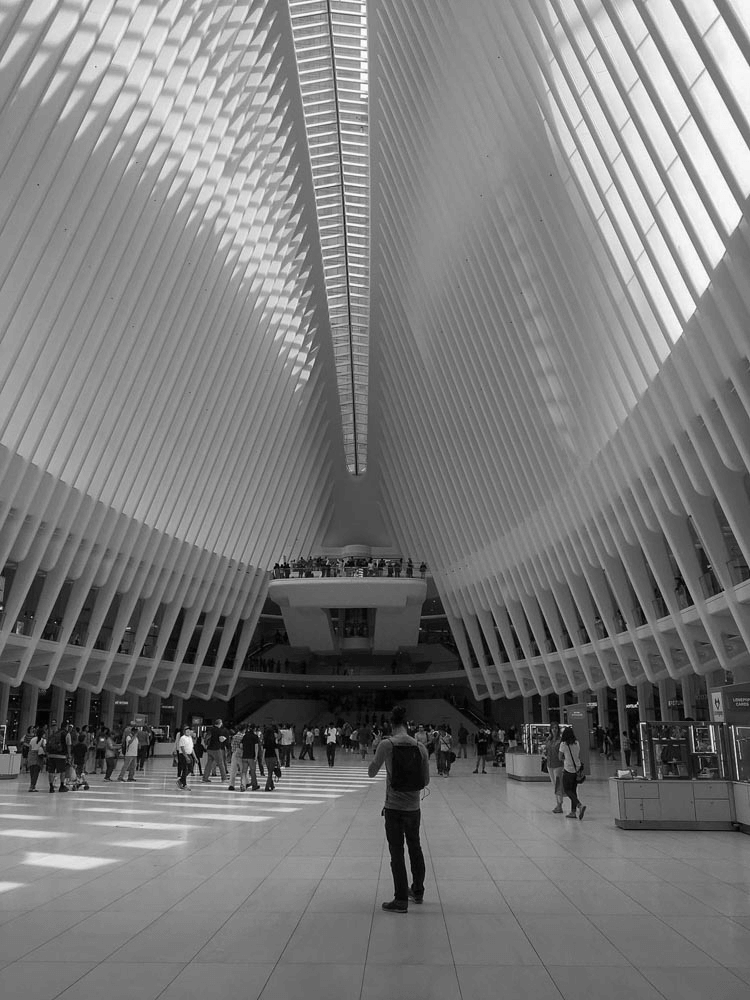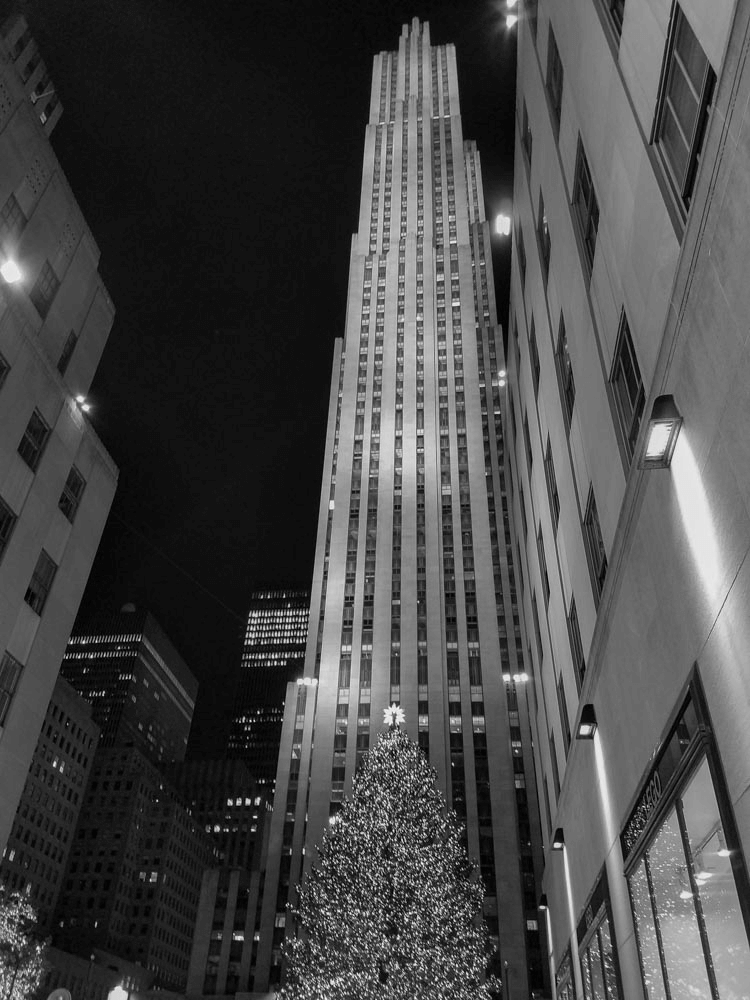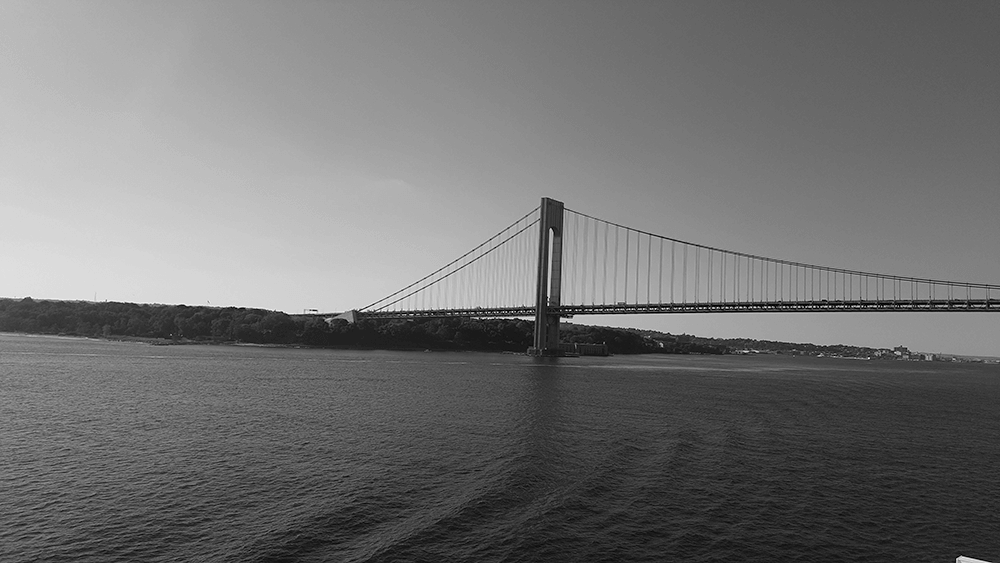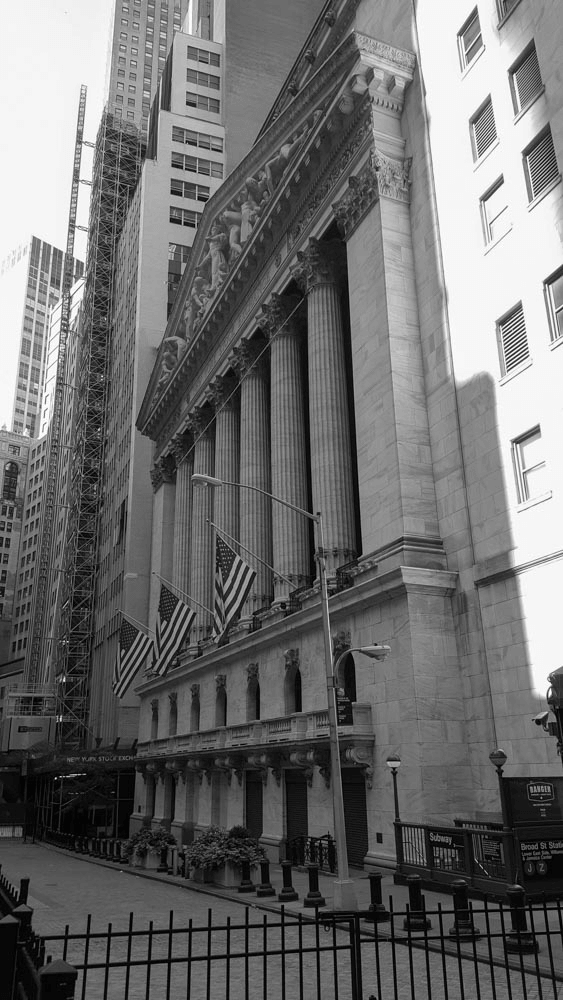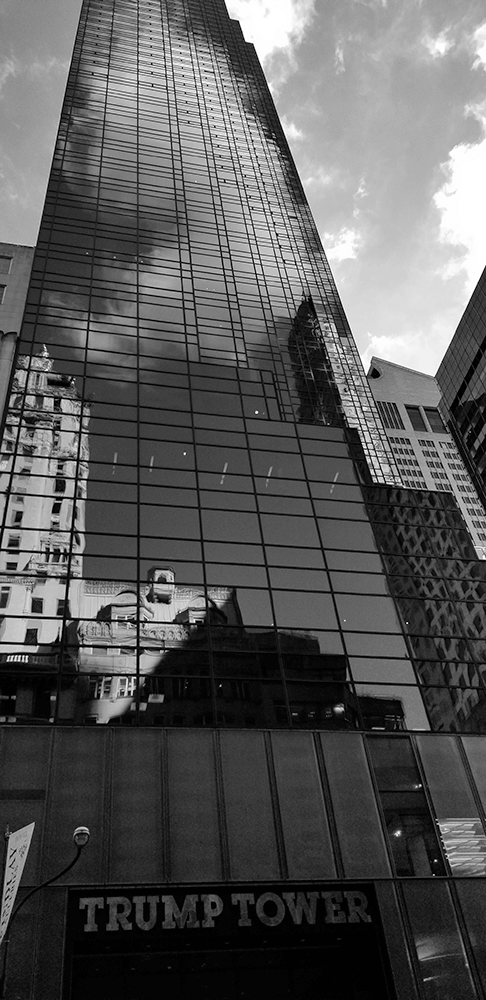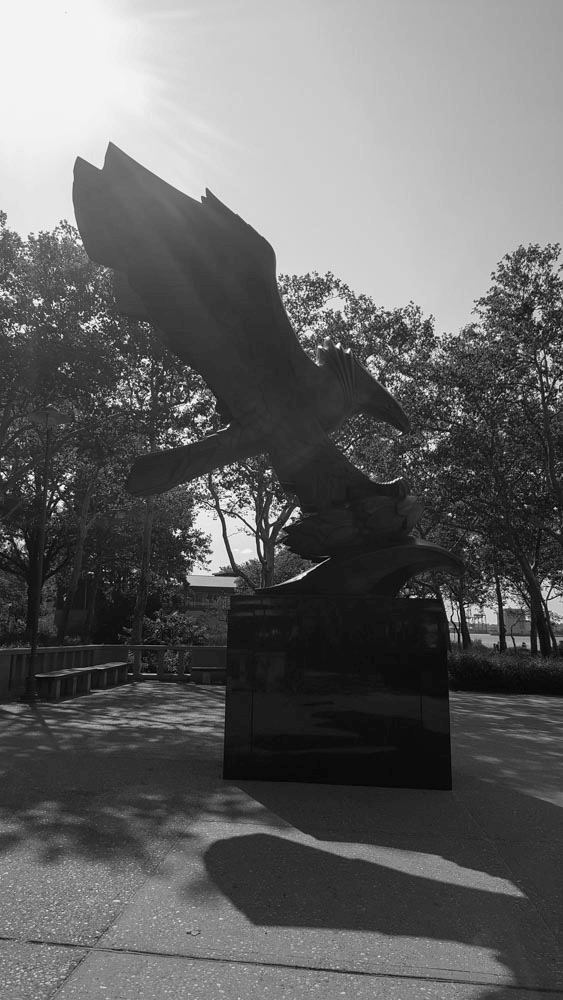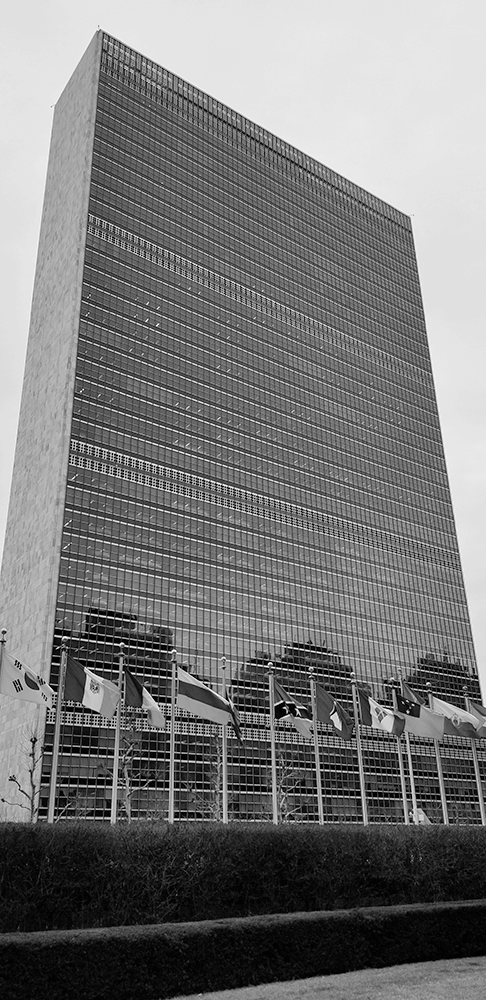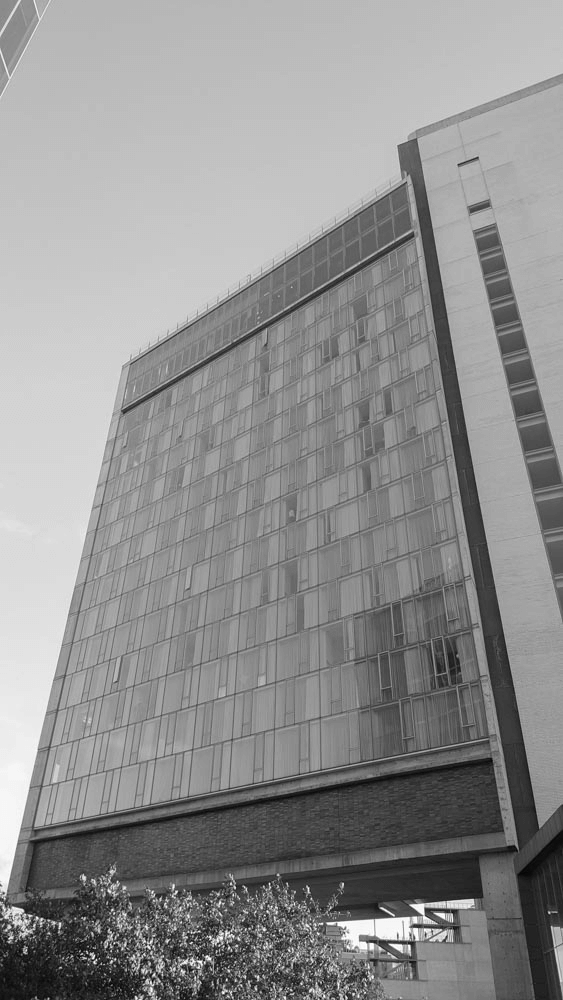Insider
Queens
Bowne House
The John Bowne House – Ein historisches Juwel in Queens, New York Das John Bowne House, gelegen im Stadtteil Flushing in Queens, New York, ist ein bedeutendes historisches Wahrzeichen, das die Geschichte der frühen amerikanischen Siedler und die Entwicklung der religiösen Freiheit in den Vereinigten Staaten verkörpert. Das Haus, das im Jahr 1661 erbaut wurde, ist das älteste erhaltene Wohnhaus in Queens und ein faszinierendes Beispiel für die koloniale Architektur. Geschichte des John Bowne House Das John Bowne House wurde von John Bowne, einem Quäker und Pionier, errichtet, der sich in der damaligen Kolonie Neu-Amsterdam niederließ. Bowne war bekannt für seinen unerschütterlichen Glauben an die Religionsfreiheit und seine Bereitschaft, für diese Überzeugung zu kämpfen: Religiöse Verfolgung: In einer Zeit, in der die religiöse Toleranz in den amerikanischen Kolonien begrenzt war, setzte sich Bowne für die Rechte der Quäker ein, die wegen ihrer Überzeugungen verfolgt wurden. Sein Engagement führte zu seiner Festnahme und seiner Ausweisung aus der Kolonie, was jedoch letztlich zur Gewährung von Religionsfreiheit in der Region beitrug. Bedeutung für die Geschichte: Bowne kehrte nach Flushing zurück und setzte seine Bemühungen fort, eine Gemeinschaft zu schaffen, die auf Toleranz und Akzeptanz basierte. Sein Haus wurde zum Treffpunkt für Gleichgesinnte und spielte eine zentrale Rolle in der Geschichte der Religionsfreiheit in Amerika. Architektur und Design Das John Bowne House ist ein bemerkenswertes Beispiel für die koloniale Architektur des 17. Jahrhunderts: Struktur: Das Haus ist aus Ziegeln und Holz gebaut und zeigt die typischen Merkmale der damaligen Bauweise. Die rechteckige Form, das steile Dach und die großen Fenster sind charakteristisch für die Architektur dieser Zeit. Inneneinrichtung: Im Inneren des Hauses sind viele originale Elemente erhalten geblieben, darunter Möbel, Geschirr und persönliche Gegenstände, die einen Einblick in das Leben der frühen Siedler geben. Die Räume sind einfach, aber funktional gestaltet und vermitteln ein Gefühl von Wärme und Gastfreundschaft. Das John Bowne House heute Heute ist das John Bowne House ein Museum, das der Öffentlichkeit zugänglich ist und die Geschichte der Quäker und der frühen amerikanischen Siedler dokumentiert: Führungen und Programme: Das Museum bietet regelmäßige Führungen an, bei denen Besucher mehr über die Geschichte des Hauses, die Quäker-Gemeinschaft und die Bedeutung der Religionsfreiheit erfahren können. Zudem werden Workshops, Vorträge und kulturelle Veranstaltungen angeboten, die die Geschichte lebendig halten. Erhaltungsmaßnahmen: Das John Bowne House wird von der Flushing Historical Society verwaltet, die sich für den Erhalt und die Pflege des Hauses einsetzt. Durch verschiedene Programme und Spendenaktionen wird sichergestellt, dass dieses historische Erbe auch für zukünftige Generationen bewahrt bleibt. Bedeutung für die Gemeinschaft Das John Bowne House hat eine wichtige Rolle in der Gemeinschaft von Queens: Bildung und Aufklärung: Das Museum dient als Bildungsressource für Schulen und die lokale Gemeinschaft, indem es die Geschichte der Religionsfreiheit und der Toleranz fördert. Es bietet Schülern und Besuchern die Möglichkeit, aus erster Hand zu lernen und sich mit der Geschichte auseinanderzusetzen. Kulturelle Veranstaltungen: Das Haus ist auch ein Ort für kulturelle Veranstaltungen, die das reiche Erbe von Queens feiern. Feste, Märkte und historische Nachstellungen ziehen Menschen aus der ganzen Region an und fördern das Gemeinschaftsgefühl. Das John Bowne House ist nicht nur ein historisches Gebäude, sondern ein Symbol für den Kampf um Religionsfreiheit und Toleranz in den Vereinigten Staaten. Mit seiner reichen Geschichte, der beeindruckenden Architektur und dem Engagement für Bildung und Gemeinschaft ist es ein bedeutendes Wahrzeichen in Queens, das Besucher aller Altersgruppen anspricht. Ein Besuch im John Bowne House bietet nicht nur einen Blick in die Vergangenheit, sondern auch eine Gelegenheit, die Werte von Freiheit und Akzeptanz zu reflektieren, die auch heute noch von großer Bedeutung sind.
1 2 NYCGO 3 4
